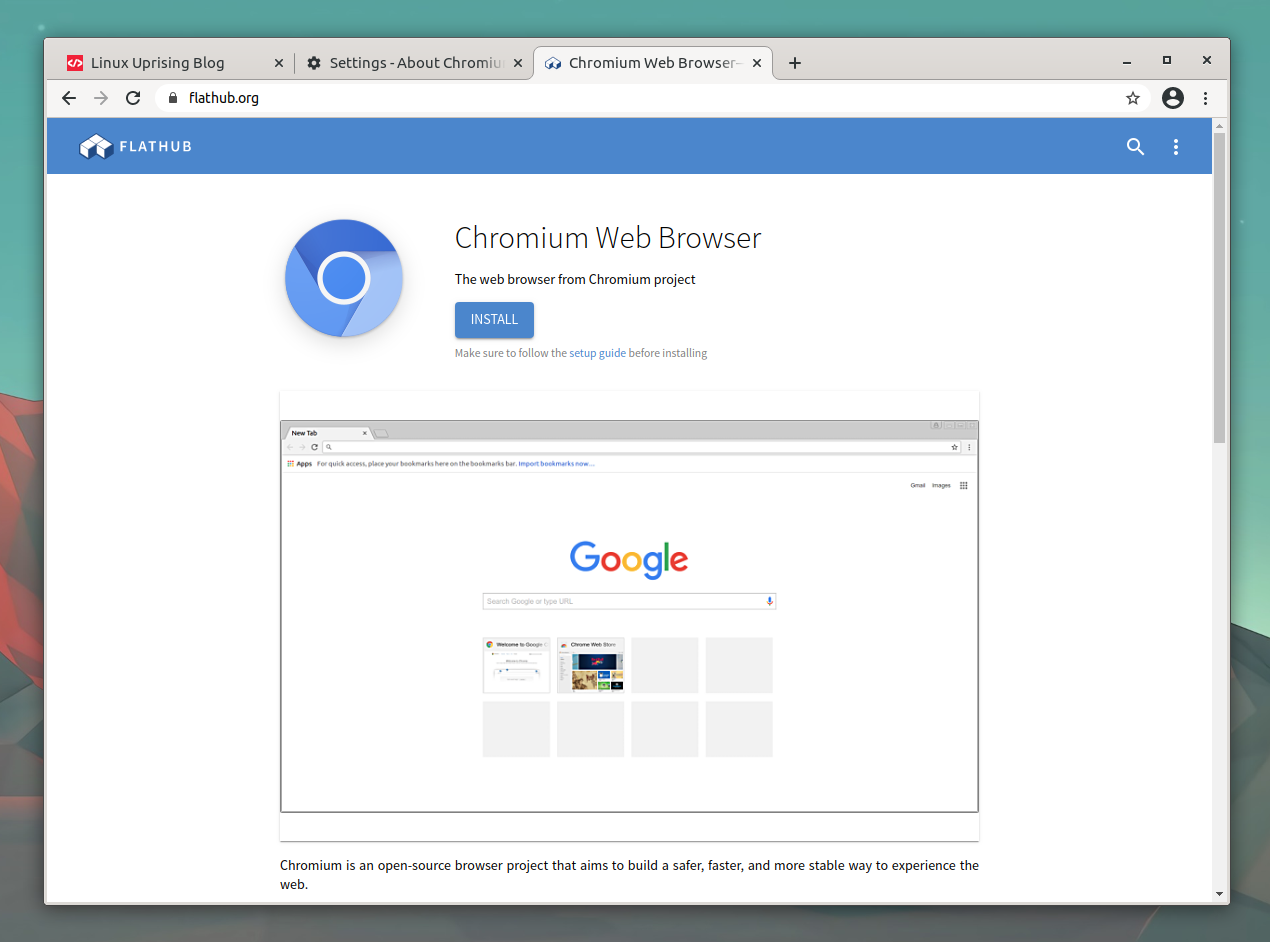

It’s all well to dream of a world in which no surfer leaves the house on anything except a privacy-respecting browser, that time is a long way off. While simple users may need nannying to make sure they don’t accidentally move their browser profile onto their friends’ computer with all the logins intact, the kind of users which unGoogled Chromium and Brave attract know better. Every time you reopen Brave on a new computer (using the same disk or migrated data (including using Apple’s Migration Tool), Brave disables all extensions.Īll of these “privacy” focused browsers should not be allowing hardware ID and forced preference/extension zeroing.

Chrome’s machine ID raises its ugly head again.The randomisation was not entirely impressive (most of the information was accurate and non-random).Brave did not have any additional privacy extensions added but I had set Brave preferences to be as anti-tracking as possible.Straight out of the box, Brave Browser does manage to block tracking ads and invisible trackers, while randomising your browser fingerprint. One serious issue though with protecting via extension is that Ungoogled Chromium allows Googles machine ID technology which means your profile is reset every time you move between computers or even sneeze. Ungoogled Chromium could be made much more robust by adding a few extensions and tweaking it a bit. Partial success for Ungoogled Chromium in vanilla configuration Starts by opening up Google’s About Chrome page, bringing down Google on your head before you even have time to add any extensions to block Google. Iridium (Version 2021.10)įail on all counts: Iridium fails on all counts
#Set up ungoogled chromium pro#
Here’s how these top privacy browsers score on my Mac Pro running Big Sur 11.6.1. Only a browser which is on your side, pro-actively blocking these measures can (partially) protect your privacy. Of course a surfer’s extension profile changes and s/he may change something about his or her computer (RAM for instance or storage or monitor) but it’s pretty easy to track an individual even without cookies. The latter deserves explanation: by gathering information about your computer, your monitor, your browser extensions, your IP, your time-zone settings, companies like Google with their Chrome browser are effectively able to identify an individual down to one in a million. The EFF has created a test called Cover Your Tracks which tests browsers for their ability to block tracking ads, block invisible trackers and prevent browser fingerprinting. Talk is cheap and fortunately the EFF is here to referee. All of Iridium, unGoogled Chromium and Brave Browser make bold claims for privacy.


 0 kommentar(er)
0 kommentar(er)
